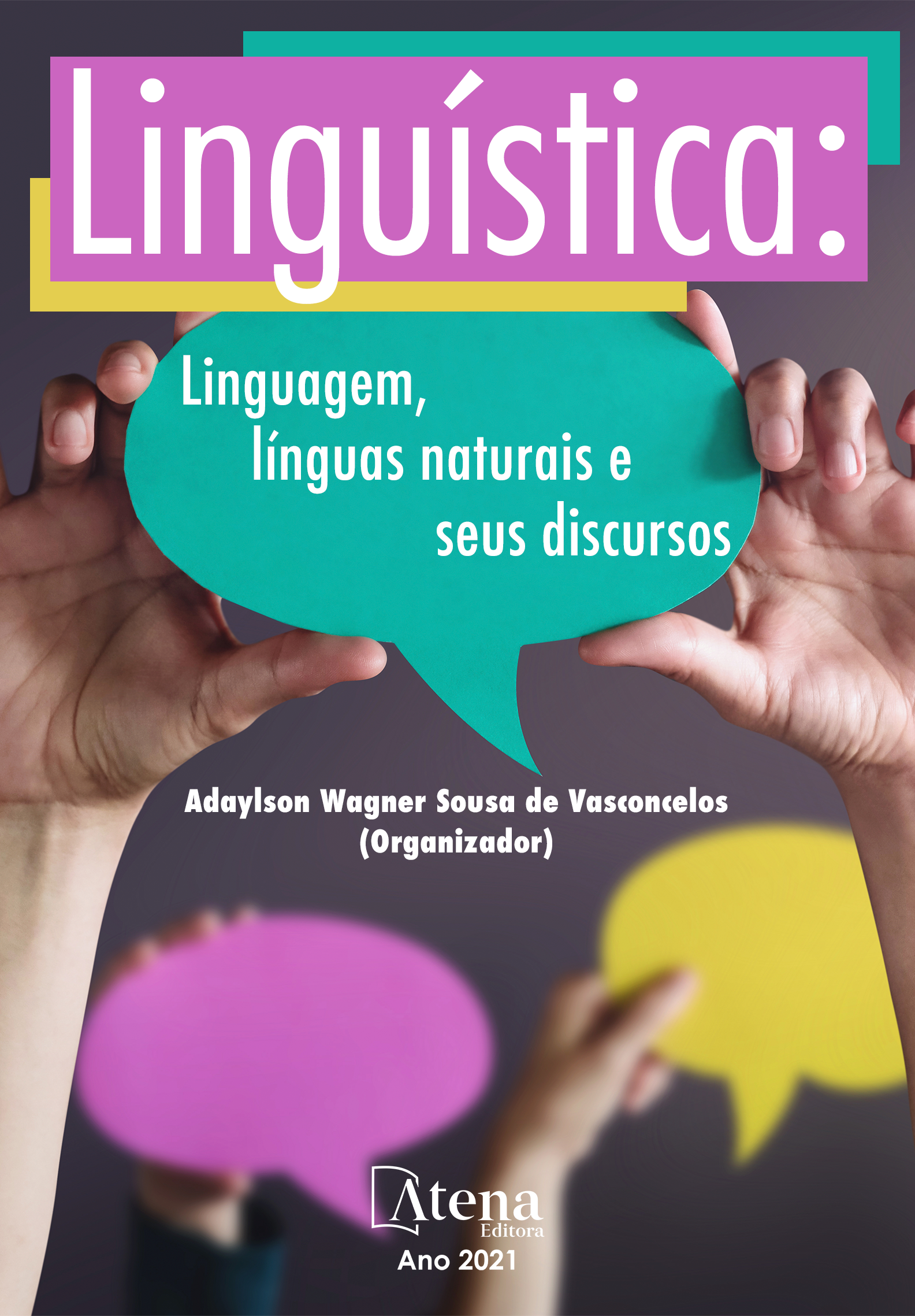
CONCEPÇÕES DE ENSINO DE LÍNGUA: DESDOBRAMENTOS E PRÁTICAS
O objetivo deste trabalho é discutir formas e estratégias pelas quais a ideologia se apresenta nas concepções relativas ao ensino de línguas. É possível afirmar que as formas de pensar o ensino de línguas estão arraigadas em diversas concepções, destacando-se aquelas que consideram o ensino e a aprendizagem como atrelados a noções como: (i) ensinar uma língua é ensinar a forma, de modo a descrever o funcionamento de elementos gramaticais; (ii) ensinar a ler e escrever pressupõe levar o indivíduo a codificar e a decodificar estruturas imanentes ao próprio sistema; (iii) aprender uma língua requer o domínio dos subsistemas fonético-fonológico, lexical, morfológico e sintático, o que pressupõe a existência de um sistema homogêneo ou monolítico; (iv) ensinar/aprender uma língua requer uma concepção de que esta constitui um espaço social e cultural por meio do qual as interações acontecem e a encara como uma entidade discursivo-interacional, veiculadora de uma multiplicidade de enunciações, tributárias de contextos históricos. Tomo como referencial as postulações de Eni Puccinelli Orlandi (2004), Luiz Antônio Marcuschi (2007, 2008), Ingo Voese (2004), Adilson Citelli (1995, 1997) Georg Lukács (1986), Mikhail Bakhtin (1981, 2006, 2010), nos quais me ancoro para dizer que o ensino de línguas se fundamenta em concepções diversas, com desdobramentos também históricos, verificando-se posturas ligadas a paradigmas tradicionais e à reprodução de sentidos associados a noções estáticas e obsoletas. O corpus é constituído de um conjunto de relatórios do estágio supervisionado do curso de letras do Instituto de Ciências da Educação – UFOPA[1]. As análises evidenciam a presença dos mencionados paradigmas, requerendo uma mudança epistemológica no ensino de línguas na educação básica.
CONCEPÇÕES DE ENSINO DE LÍNGUA: DESDOBRAMENTOS E PRÁTICAS
-
DOI: https://doi.org/10.22533/at.ed.65121210728
-
Palavras-chave: Ensino, Língua, Ideologia, Leitura, Escrita.
-
Keywords: Teaching, Tongue, Ideology, Reading, Writing
-
Abstract:
The aim of this paper is to discuss ways and strategies by which ideology presents itself in the conceptions related to the teaching of languages. It is possible to affirm that the ways of thinking about language teaching are rooted in several conceptions, highlighting those that consider teaching and learning as linked to notions such as: (i) teaching a language is teaching the form, in order to describe the functioning of grammatical elements; (ii) teaching to read and write presupposes that the individual should encode and decode structures immanent in the system itself; (iii) learning a language requires mastering the phonetic-phonological, lexical, morphological and syntactic subsystems, which presupposes the existence of a homogeneous or monolithic system; (iv) teaching / learning a language requires a conception that it constitutes a social and cultural space through which interactions take place and sees it as a discursive-interactional entity, conveying a multiplicity of statements, dependent on historical contexts. I take as reference the postulations of Eni Puccinelli Orlandi (2004), Luiz Antônio Marcuschi (2007, 2008), Ingo Voese (2004), Adilson Citelli (1995, 1997) Georg Lukács (1986), Mikhail Bakhtin (1981, 2006, 2010) , in which I anchor myself to say that the teaching of languages is based on different conceptions, with unfolding also historical, verifying attitudes linked to traditional paradigms and the reproduction of meanings associated with static and obsolete notions. The corpus consists of a set of reports from the supervised internship of the letters course at the Institute of Educational Sciences - UFOPA. The analyzes show the presence of the aforementioned paradigms, requiring an epistemological change in the teaching of languages in basic education.
-
Número de páginas: 17
- Heliud Luis Maia Moura


